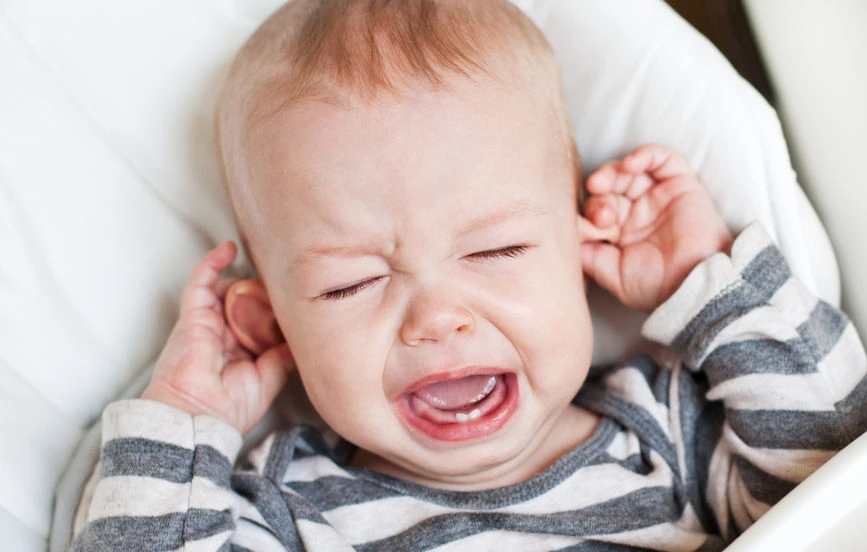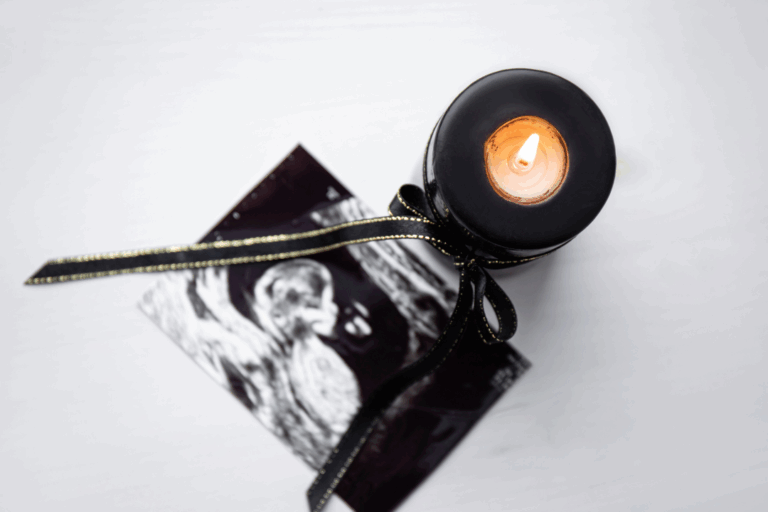Can teething be the cause of sleep problems? It’s safe to say that teething and sleep typically do not go hand in hand. As a mum of 3, it was a case of Murphy’s Law that just as my babies started sleeping through the night, new teeth decide to make an appearance! Despite the irony, teething, per se, does not cause a sleeping disorder. Don’t fall into the trap of blaming “teething” for persistent bad sleeping habits. It is true though that when your baby is teething, their usual sleep routine may be disrupted temporarily.
Signs that your baby is teething
How do you know if it is teething causing your baby to be restless at night time? If changes in your baby’s sleep are accompanied by other common teething symptoms, such as fussiness and/or excessive drooling, your baby is probably cutting new teeth. These, and other signs, are typically present alongside difficulty sleeping:
- Biting down or gnawing on objects
- Loss of appetite, especially sucking on the breast or bottle
- A low-grade fever, or periods of intense fever
- A red and spotty rash around their mouth
- Nappy rash that may be severe
- Frequent, loose stools
- Earache or pulling on ears
- A runny nose
- Clinginess or irritability
If a few of these symptoms are present, your baby is likely to have teething sleeping problems.
Myths about teething
There is a theory that teething can weaken your baby’s immune system. Making them more ear infections, chest infections and tummy upsets. This, however, has not been scientifically proven.
Many parents confuse normal developmental milestones with teething. Remember that at around 3 months of age, your baby will discover their hands and will chew excessively on their fingers and hands. This fascinating discovery can create plenty of drool and your baby blowing bubbles. Don’t confuse this exciting developmental milestone with teething or hunger!
Teething sleeping issues
Do you remember when your wisdom teething started appearing? This is what your baby is experiencing when cutting teeth. It’s understandable that sleep may be disrupted and/or replaced with restlessness or crying. Here’s what to do if your baby is feeling unwell whilst teething:
- Use over the counter teething remedies from your pharmacy such as teething gels and powders. Bear in mind that they might have a headache, sore ears and a sore mouth, especially when eating so keep the appropriate pain medicine on hand.
- Try to limit fussy, sleepless nights with prescription medication at bedtime. Repeat the dose at prescribed intervals during the night to stave off pain if needs be.
- Keeping your baby’s dummies and teethers in the fridge, as the coolness helps to soothe inflamed gums.
It’s true that some babies breeze through teething without much fuss and others have a harder time cutting new teeth. This is typically down to genetics and here are a few must-know facts about teething to keep in mind:
Teething in babies: the what, when and how
- By definition, teething is when the actual tooth cuts through the gum and appears in your baby’s mouth. This can happen anytime from 3 months of age (very unusual) up to 1 year of age.
- Early teething (in babies younger than 7 months ) usually follows a family history of early teething. The same goes for late teething. Check with your parents when you cut your first tooth, and invariably, your baby will follow suit.
- On average, most babies cut their first tooth at around 7 months of age. However, it is not unusual for your baby to celebrate their first birthday with no sign of teeth!
- Before the actual tooth appears, your baby might experience a few days or weeks of discomfort. This is because the teeth settle into the gums and prepare to start pushing upwards. This is usually when your baby drools excessively and loves to chew and bite down on objects. This time is also sometimes accompanied by fever, loss of appetite, diarrhea and earache.
- If your baby is 15 months or older with no sign of teeth, consult your dentist who may want to take an X-ray to check that your baby’s teeth are present.
How to get a teething baby to sleep?
So, to come back to the original question – can teething be the cause of sleep problems? The short answer is yes! Teething is a normal part of your baby’s development and can disrupt your baby’s sleep. Keep over the counter pain remedies on hand, as well as bum cream (for excessive nappy rash) and be extra patient. If your baby is really suffering, they will likely be most soothed simply by being close to you. Be free for extra cuddles and closeness. You (and your baby) may be lucky and sail through the teething stage, or there may be some seriously wobbly days and nights ahead. Either way, rest assured that teething is a temporary phase, and that peaceful nights will come again!
For more about adjusting your baby’s sleep routine while teething, log feeds or to know what milestones are up next, download the Parent Sense app. It’s the all-in-one baby development app that takes the guesswork out of parenting.




